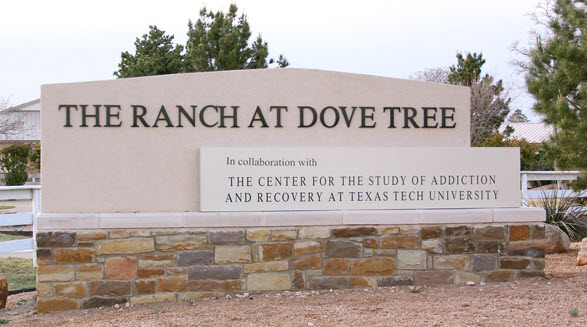Understanding the Effects of Alprazolam Abuse
Alprazolam offers an effective treatment for anxiety and panic-based disorders. As a Schedule IV controlled substance, alprazolam falls under the benzodiazepine drug classification, which carries a fairly high risk for abuse.
This risk of alprazolam abuse applies for people who use the drug for recreational purposes as well as for those who take it for treatment purposes. The drug’s effects in the brain make a person more susceptible to alprazolam abuse practices regardless of its intended use.
As with any addictive substance, alprazolam compromises essential brain chemical processes and will eventually take over primary brain functions with repeated use. For anyone considering taking this drug, understanding the effects of alprazolam abuse can go a long way towards preventing a full-fledged addiction from taking root.
Alprazolam Risks
Most people know alprazolam by its brand name, Xanax. While Xanax/alprazolam can quickly take the edge off of a particularly stressful day, it’s nonetheless highly addictive when used habitually.
According to the Stanford School of Medicine, alprazolam should not be taken for longer than eight months at a time. People first starting out on alprazolam may feel its effects within a few days; however, users can just as easily become physically addicted to the drug in the same amount of time.
Alprazolam abuse tendencies stem from the brain’s increasing tolerance of the drug’s effects. As tolerance levels increase, brain cells require larger doses to produce the same desired effects. In the process a physical dependency develops. Once the brain develops a physical dependency, alprazolam abuse risks increase considerably.
Effects on Brain Neurotransmitter Functions

Abusing alprazolam can quickly increase your tolerance, leading to dependence and addiction.
Like most every controlled substance, alprazolam alters essential neurotransmitter chemical levels, most especially GABA chemical levels. According to the University of Maryland, GABA levels regulate electrical activity in the brain, which directly impacts motor neuron signal transmission rates. In effect, alprazolam increases GABA output, reduces electrical activity and slows motor neuron functions.
Alprazolam’s sedative properties take on a cumulative effect in terms of slowing down the brain’s electrical activity and overall chemical interactions. Over time, brain functions take on a new configuration that relies on alprazolam’s effects to maintain normal functions. These processes drive alprazolam abuse practices.
With ongoing use, alprazolam’s ability to alter GABA chemical levels has a domino effect on other essential neurotransmitter levels causing rampant brain chemical imbalances to form. These developments further aggravate alprazolam abuse tendencies.
Alprazolam Addiction
Alprazolam’s ability to alter brain chemical processes has a direct bearing on the brain’s mesolimbic reward system. According to the University of Virginia, this system regulates learning processes, which for the most part dictates a person’s motivations and actions.
As the brain becomes more dependent on alprazolam, the region that houses the reward system comes to define the drug’s effects as a positive, primary motivator. These developments not only support alprazolam abuse practices, but also drive the addiction cycle.
Once addicted, a person’s entire lifestyle changes to accommodate ongoing drug use. These changes typically take the form of –
- Lapses in judgment concerning work responsibilities
- Neglecting important relationships, such as friends and family
- Habitual lying
- Stealing
- Legal problems
With continued drug use, a person’s quality of life will continue to see decline as the addiction worsens.
Palm Partners Recovery Center
Palm Partners Treatment Center is one of America’s leading addiction treatment providers for drug alcohol detox treatment, drug rehab, alcohol rehabilitation and is staffed with highly trained addiction specialists. Palm Partners was founded in 1994 and was incorporated in Florida in the year 2003.
Details ›Paradigm Malibu
Merriam Webster defines “Paradigm” as a theory or a group of ideas about how something should be done – a fitting definition for this unique, multifaceted treatment program for adolescents.
Details ›The Ranch at Dove Tree
Salt-of-the earth friendliness and down home hospitality aren’t just West Texas stereotypes at The Ranch at Dove Tree, a treatment center located on 15 acres near Lubbock.
Details ›


